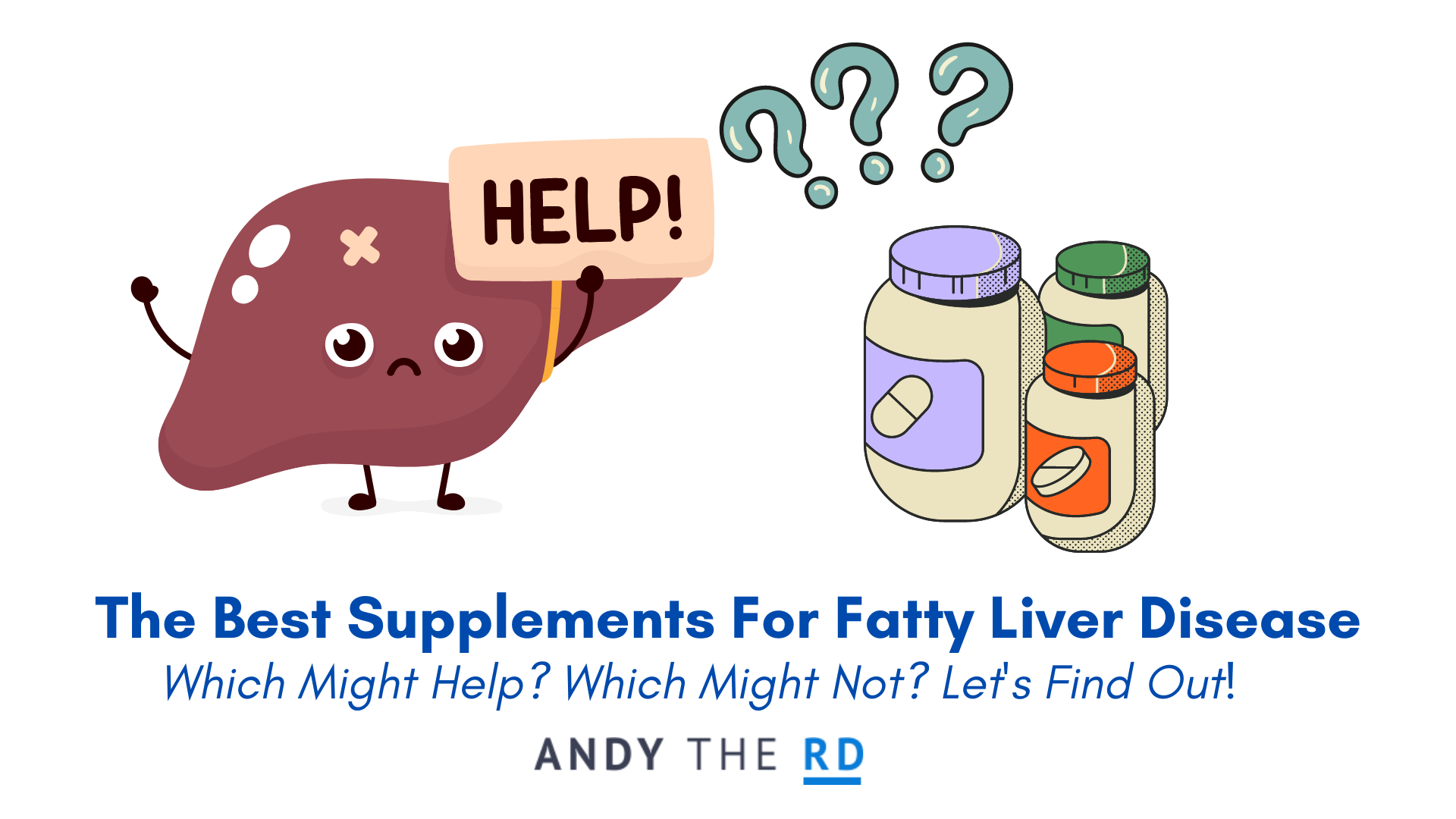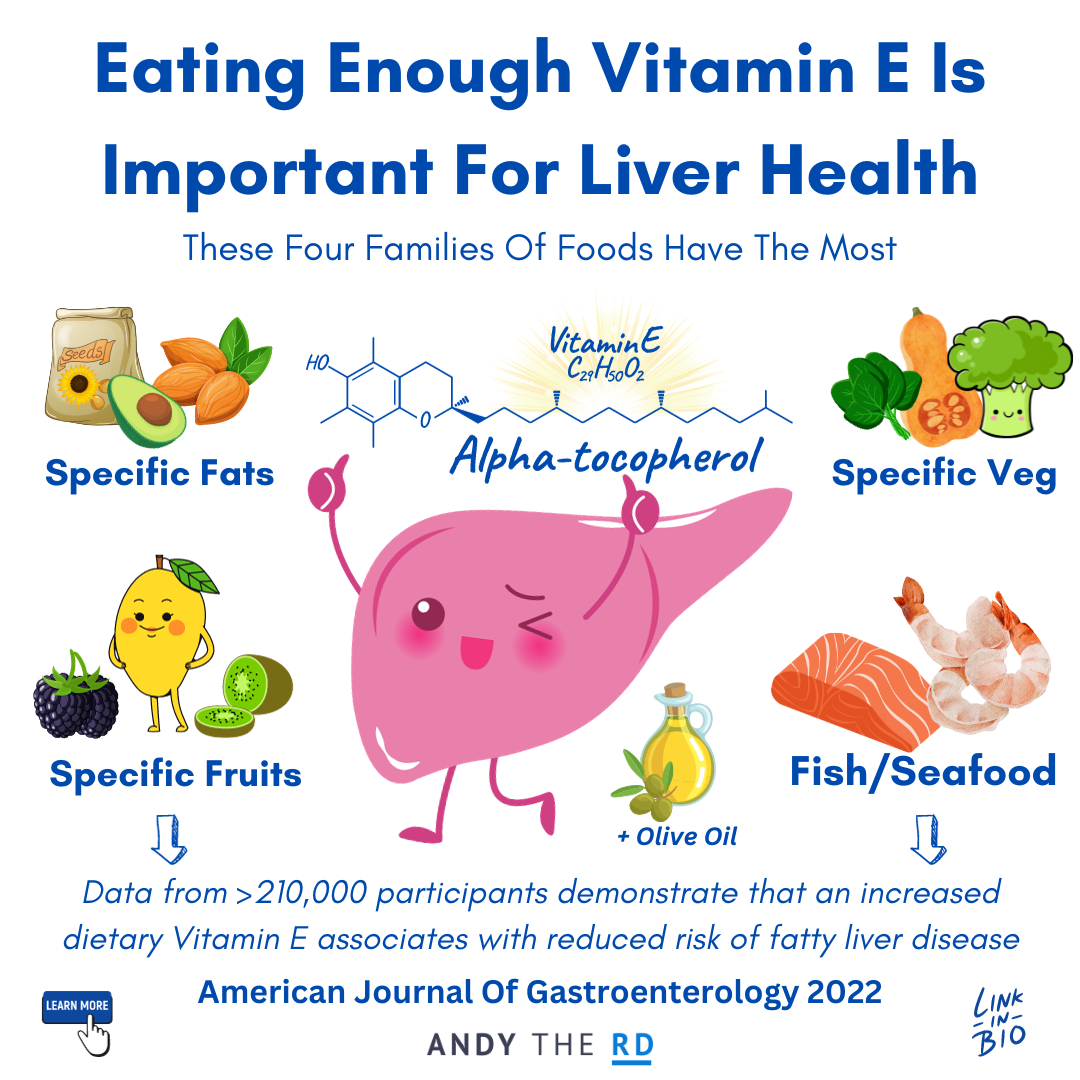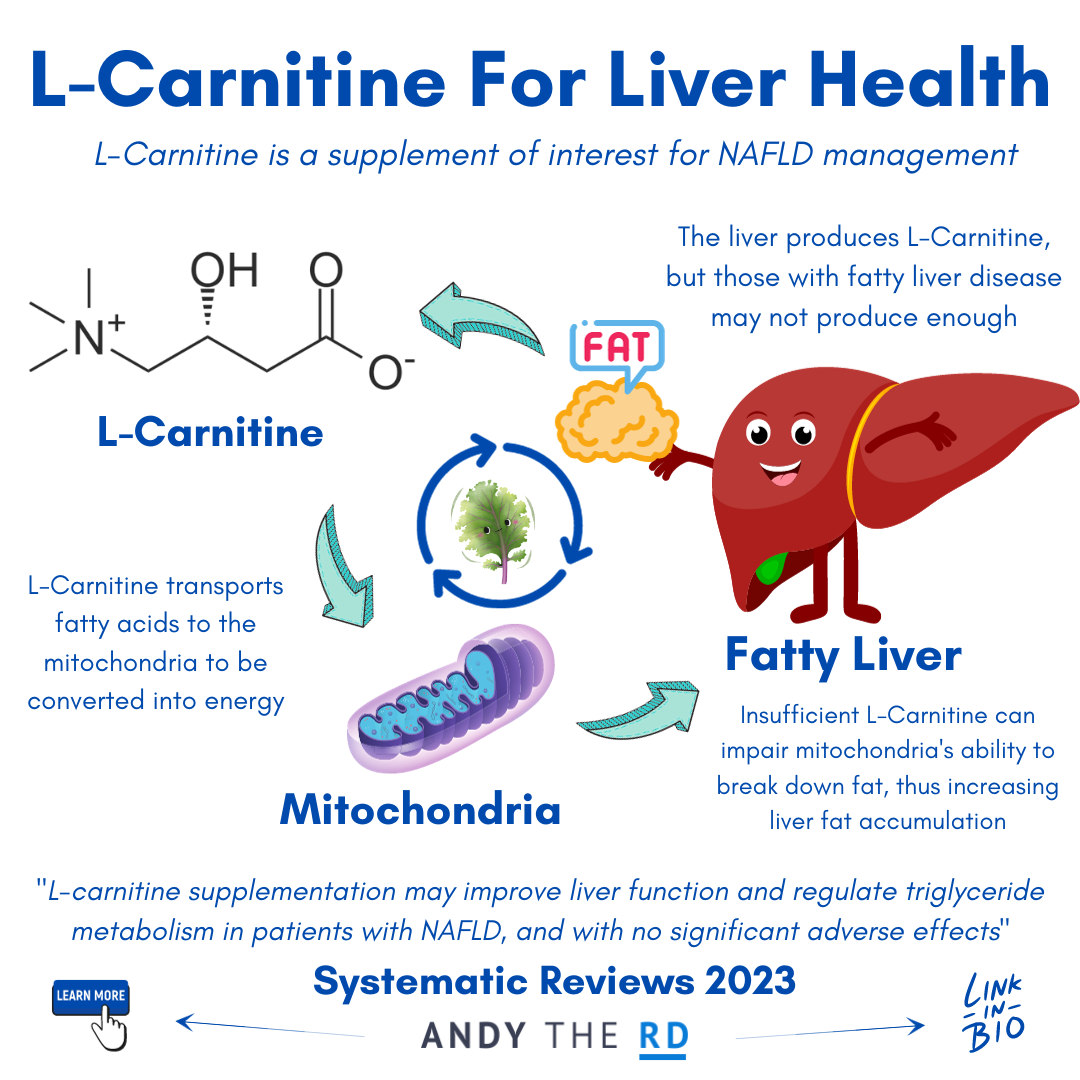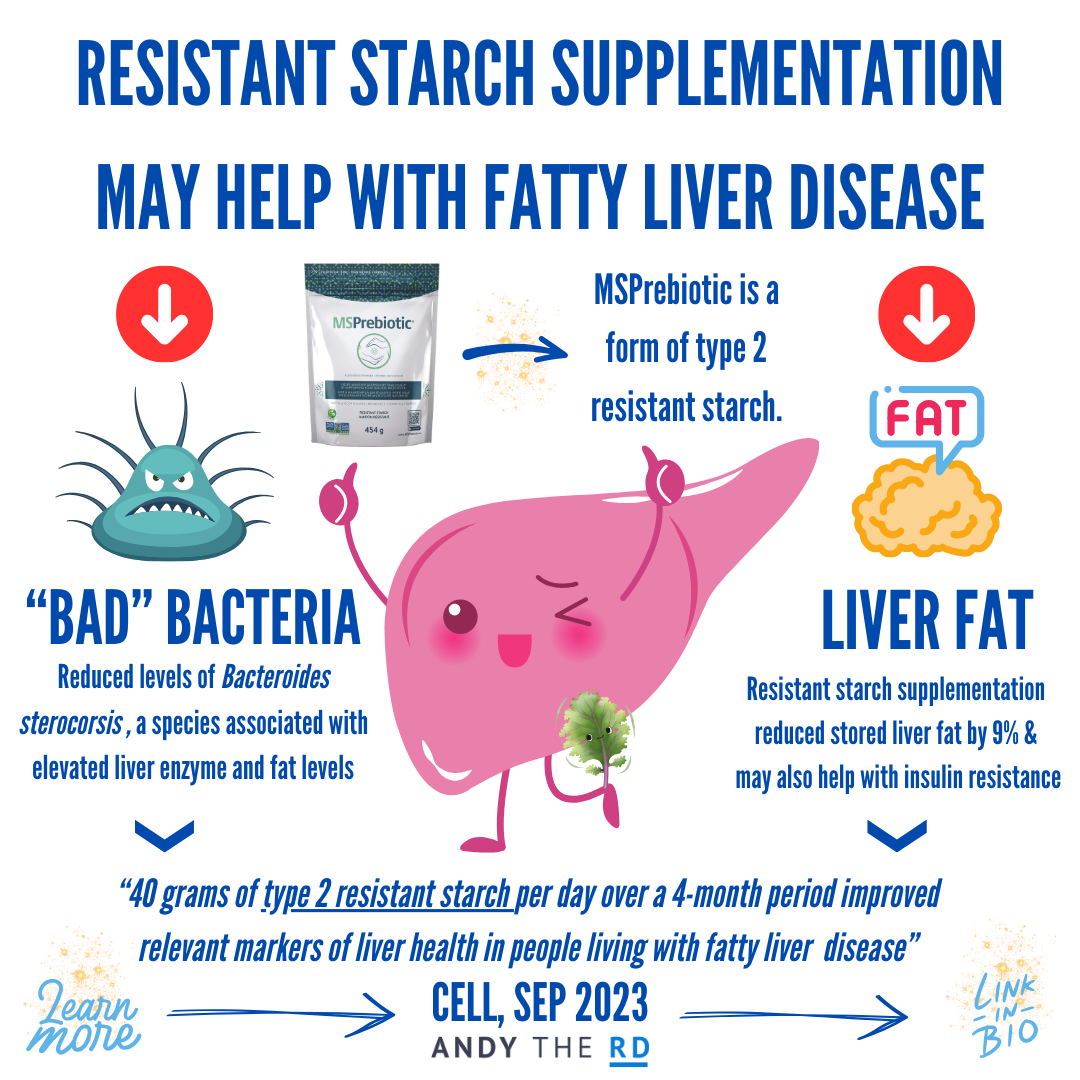If you are living with non-alcoholic fatty liver disease your best course of action is to work towards adapting a more Mediterranean Diet style of eating and increasing your weekly physical activity to at least 150-250 minutes per week.
Beyond that, there are several supplements with varying degrees of evidence supporting their use.
Supplement use may be more appealing to those who are not currently able or willing to enact lifestyle/dietary changes and should be done with the consultation of a healthcare provider to ensure safe and appropriate use.
With that said, let’s take a closer look to see which may be worth your time and consideration.
Probiotics
Probiotics are among the most well studied supplements for use in the management of NAFLD.
A recent meta-analysis out of the Medicine journal determined that using a multi-strain (containing multiple types of Lactobacillus, Bifidobacterium) probiotic over a period of several months may reduce liver fat storage, liver enzymes and inflammatory markers while improving liver functionality.
Read my article on probiotics for fatty liver disease if you’d like to dig deeper into the science.
Prebiotics
Prebiotics are a special type of fibre that act as “food” for your gut bacteria and help them to grow and flourish.
They are very often paired together with probiotics in studies on fatty liver disease (combined, they are referred to as “synbiotics”) and their combined effectiveness may be greater than probiotics alone.
Most studies looking at prebiotics for fatty liver disease use either FOS or inulin in a serving size of 10-15 grams per day over a multi-month period.
Omega-3s
The Omega-3 fatty acids EPA & DHA may have unique liver health benefits in those living with NAFLD, contributing to a reduction in total liver fat, certain liver enzymes and other relevant biomarkers.
A 2018 systematic review & meta-analysis out of Nutrition Reviews determined that the effective dose required for this effect, based on studies reviewed, was 3 grams per day of EPA/DHA combined.
Omega-3s in the form of ALA are found in some plant-based foods such as walnuts, flaxseed, soy-based foods, chia and hemp, but only fatty fish like salmon contain EPA/DHA.
For reference, a 6 oz piece of salmon contains around 3 grams of EPA/DHA.
Those who do not consume fish are likely above average candidates for omega-3 supplementation, speak to your healthcare provider to determine if its right for you.
Vitamin E
Vitamin E is a potent fat soluble antioxidant found in rich supply in various types of nuts, seeds, fish, avocado and other fruits/veggies.
These are foods that should be playing a big role for anyone living with NAFLD wanting to improve their health.
The ESPEN practice guidelines for liver disease suggest that 800 IU of Vitamin E supplements be prescribed to individuals living with NASH (depending on their diabetes status), which is a more severe and progressive form of NAFLD.
The vast majority of high quality human studies done on Vitamin E are done on people living with NASH.
Interestingly enough, there is good evidence to suggest that people who get enough Vitamin E from their diet have a lower risk of ever getting NAFLD.
Milk Thistle & L-Carnitine
This is where the quality and consistency of scientific evidence starts to go down a bit compared to the supplements mentioned above.
You won’t find major scientific organizations, for the most part, widely recommending these products to people living with NAFLD.
That doesn’t mean they don’t offer some small benefit, but it does mean we aren’t confident that the potential benefit justifies their widespread recommendation.
I’ve written extensively on both Milk Thistle and L-carnitine, linked below, and I encourage you to give them a read if they are a topic of interest.
Other supplements for which some human scientific data exists include CoQ10 , berberine, phospholipids
Curcumin has also garnered interest in NAFLD management, but so far isn’t backed by tons of evidence.
Some of these supplements are quite well studied in other areas and if a given individual’s health concerns overlapped in those areas, it might be easier to justify their consideration.
Other popular supplements, like resveratrol, have been scientifically demonstrated not to benefit those living with NAFLD.
And the list goes on…
As you can see, it gets very complex when we have several theoretically intriguing supplements without sufficient evidence to support their use.
It’s very hard to say one is better than the other which is why seeking professional guidance and taking a food first approach is surely your best path forward to manage NAFLD.
Want To Conquer Fatty Liver Disease?
Andy De Santis RD MPH
Emerging Evidence – Resistant Starch
Click the graphic below to learn more!







